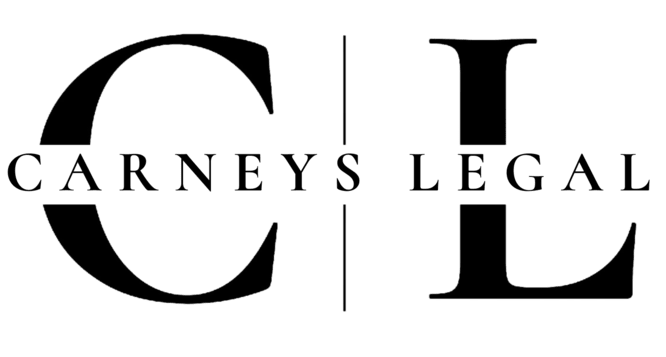When a person becomes bankrupt one of the most common concerns they have is whether they will lose their family home. If the home is owned in the name of the bankrupt or jointly with their spouse, section 58 of the Bankruptcy Act provides that the home is property which will vest in the trustee in bankruptcy.
Trustees will ordinarily first assess whether the bankrupt has any equity in the home and then write to the non-bankrupt spouse inviting them to make an offer to purchase the bankrupt’s interest in the property.
If the trustee believes that the offer is not appropriate in the circumstances, they do not need to accept the offer. If the trustee and non-bankrupt spouse cannot agree for the sale of the bankrupt’s interest, the trustee will make an application in Court seeking power to sell the property.
Once the property has been sold, the proceeds of sale will be distributed to any secured creditors, the bankrupt estate and any co-owners.
However, trustees can also have claims to property not owned in the name of the bankrupt in certain circumstances. Where a trustee makes a claim to property owned by someone other than the bankrupt, it is essential to obtain high-quality legal advice. Carneys Lawyers are solicitors in Sydney with great expertise in complex bankruptcy matters acting for both trustees, creditors and bankrupt individuals.
Recent decisions of the Full Federal Court
In the recent case of El-Debel v Micheletto (Trustee) [2021] FCAFC 117, the Full Federal Court upheld a claim by bankruptcy trustees to real estate owned by the bankrupt’s relatives and an associated company on the basis that the properties were held on resulting trust for the bankrupt. The resulting trusts arose because the bankrupt has provided funds for the purchase of the properties.
Background to El-Debel
The bankruptcy trustees brought proceedings seeking declarations that four properties registered in the names of the bankrupt’s mother, his spouse and an associated company. The primary judge held that all or some of the beneficial interest in each of the four properties was held on resulting trust for the bankrupt.
The registered owners appealed against findings on a variety of grounds, including that:
- some of the primary judge’s inferences were ‘impermissible speculation and conjecture’; and
- the primary judge erred in finding that various contributions of the purchase funds were provided by the bankrupt (as opposed to having come from the bankrupt’s mother, spouse or brother).
The Full Court found that there were resulting trusts in favour of the bankrupt over the four properties arising due to the bankrupt having advanced funds for their acquisition and paid mortgage repayments. The consequence for the bankrupt and his family was that the family home (and other properties) were sold to pay the debts of his bankrupt estate.
The presumptions of resulting trusts and of advancement
The decision of the Full Court in El-Debel v Micheletto followed the decision of the Court in Commissioner of Taxation v Bosanac (No 7) [2021] FCA 249, in which the principle of presumption of advancement (rather than resulting trust) was applied to the purchase of a matrimonial home in the name of one spouse. The proceedings concerned a claim by the ATO for declarations of a beneficial interest of Mr Bosanac in the matrimonial home owned in the name of his wife, Mrs Bosanac.
However, in Bosanac the Court concluded that presumption of advancement could not be rebutted. In short, the Court did not find that the husband had any beneficial interest in the matrimonial home.
Takeaways
These competing, alternative presumptions – the presumption of resulting trusts and presumption of advancement – arising in equity will continue to raise complex questions of their application to the administration of bankrupt estates.
For a person in bankruptcy concerned about what will happen to his or her family home, it is essential to seek expert legal advice. Carneys Lawyers are solicitors in Sydney with specialist expertise in difficult insolvency and commercial litigation matters and can provide the critical advice required to guide clients through all aspects of bankruptcy and insolvency matters.
Get in touch today for a confidential discussion.

